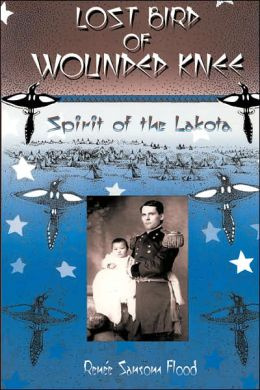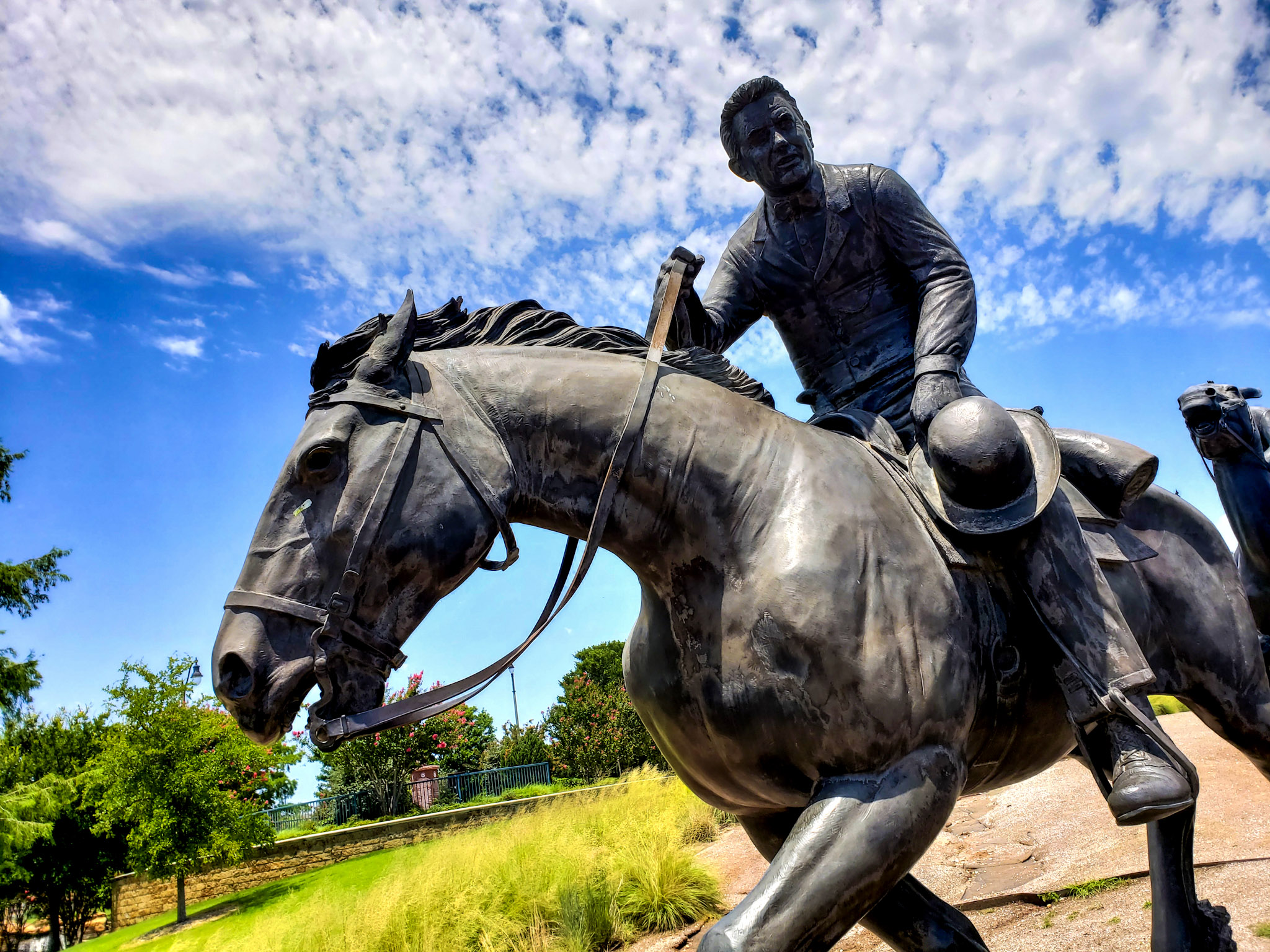inS
“Imagine you’re about to have a little one, the love that you have
for that little one… and then imagine somebody outside of your family
you don’t even know making claims on your little one. They don’t like
the way you live and they’re going to take your little one by force.
Imagine what the loss is when this is not just your family, but your
entire community loses its children.” — gkisedtanamoogk, Truth and
Reconciliation Commission member in the documentary film First Light
The U.S. government’s historical attempts to solve the so-called
“Indian problem” have included stealing land, introducing disease and
warfare, and killing entire tribes. The documented atrocities have been
relentless, resulting in great harm to the Indigenous people of this
land. One of the most painful of these has been the forced removal of
Native children from their families and communities.
In the 1800s Congress authorized the Civilization Fund Act, providing
funding for boarding schools for Indian children. Native children were
taken far from their homes to boarding schools where they were forbidden
to speak their language or practice their customs. Children were
separated from siblings and were often badly abused; many died there.
Those who survived returned to their communities not knowing their
language and traditions, and they and their communities were never the
same. The last boarding school closed in 1984.
Child Welfare
In the 1950s, the Bureau of Indian Affairs and the Child Welfare League
of America created the Indian Adoption Project, through which hundreds
of Native children were taken from their families and placed with mostly
white adoptive parents. The 1978 Indian Child Welfare Act gave Indian
children, families, and communities greater legal protections by
recognizing “the essential tribal relationship of Indian people and
culture and social standards prevailing in Indian communities and
families.” Still, through the 1990s, Native children were being placed
in foster care in Maine at a rate higher than most other states.
In 1999, Wabanaki Tribes and the state of Maine collaborated to
improve state compliance with the Indian Child Welfare Act. The Muskie
School of Public Service, with funding from the Maine Office of Child
and Family Services, established a working group (later named
Maine-Wabanaki REACH) with tribal and state child welfare
representatives as members. The working group trained caseworkers,
developed policy, and gathered data about compliance in many Maine
communities.
Truth and Reconciliation
Despite positive steps, the working group found that significant
problems remained in practice and attitudes toward working with Native
children, families, and communities. In 2008, they concluded that in
order to create lasting change, the past needed to be investigated and
better understood. Over the next four years, the working group created
the Maine Wabanaki-State Child Welfare Truth and Reconciliation
Commission—the first of its kind to address issues of Native child
welfare—to investigate systemic abuses and the factors that contributed
to them.
The Commission’s articulated intent was to uncover the truth of what
happened to Wabanaki people in state child welfare following the passage
of the Indian Child Welfare Act in 1978, and to promote healing and
contribute to change in child welfare practices. Its mandate was signed
in 2012 by the five Wabanaki Chiefs and the Maine governor, outlining
responsibilities, timelines, and guidelines for interactions with tribal
communities.
Commissions rely on personal testimony, documentary research, and
other sources of evidence to understand the past. The Maine Commission
held listening circles, ceremonial gatherings, and interviews in six
Wabanaki communities and in five regions with non-Native Mainers.
Hundreds of people participated, including Wabanaki elders, children
formerly in care, foster and adoptive parents, tribal leaders, service
providers, incarcerated people, attorneys and judges, caseworkers and
administrators, and parents and grandparents. Talking about memories,
often painful and traumatic, was not an easy task, as many people had
never before shared their stories.
Commission Findings
The Commission’s final report, presented in 2015, found that Wabanaki
children in Maine entered foster care at an average of five times the
rate of non-Native children. The report concluded that to improve Native
child welfare, the state and the tribes must continue to confront:
1. Underlying racism still at work in state institutions and the public
2. Ongoing impact of historical trauma, also known as intergenerational
trauma, on Wabanaki people that influences the well-being of individuals
and communities
3. Differing interpretations of tribal sovereignty and jurisdiction that
make encounters between the tribes and the state contentious
The report further asserted that these conditions “can be held within
the context of continued cultural genocide, as defined by the
Convention on the Prevention and Punishment of the Crime of Genocide,”
adopted by the UN General Assembly in 1948.
What’s Next?
The Commission issued a series of recommendations, inviting communities
and stakeholders to engage with the underlying conditions that
contribute to the problematic relationship between the Wabanaki Tribes
and the state of Maine and with child welfare practice failures. The
Upstander Project represents one such effort with its films, First Light
and Dawnland, companion learning resources, and teacher workshops.
Maine-Wabanaki REACH, which formed the Commission, provides education
on history, trauma, resiliency, healing, and ally-building to Maine and
Wabanaki communities. Healing circles, health and wellness workshops,
and community events focus on resilience and capacity building in all
tribal communities in the state. This includes restorative justice and
peacemaking circles and creating connections to Wabanaki incarcerated
relatives through a prison book drive and pen pal initiative. REACH
provides educational events, ally-building, and ongoing ally supports
across Maine to deepen the understanding of the shared history between
Native and nonNative Mainers. Allies are encouraged to take action to
create a more just relationship between Native and non-Native people in
Maine via legislative hearings, rallies, letters to the editor, letters
to legislators, and volunteering at Truth Commission events. REACH staff
are also working with the Indian Child Welfare Act working group on
child welfare improvements. REACH will play a vital role in the
implementation of the Truth and Reconciliation Commission’s
recommendations.
As the Commission stated in its final report, “We have heard the
voices of the many who spoke with us and to remain quiet is to continue
to perpetrate harms that must be known. Consider this report as a step
toward refusing that silence and continuing this conversation, that
will, we hope, like all the best communication, offer ample time for
everyone to simply listen.”
— Penthea Burns is Maine-Wabanaki REACH co-director (www.mainewabanakireach.org)
To read the Commission’s report in full, visit www.mainewabanakitrc.org/report.
First Light
First Light
is the first film in a series, anchored by the feature film Dawnland
(to be released in 2017), conveying the stories of pain and resilience
that emerged during the Truth and Reconciliation Commission’s process.
It tells a piece of the story of the Commission and its origins.
Dawnland will bring viewers inside the Commission and share testimony
from those who suffered because of the child welfare system, along with
those who upheld its policies.
“When we tell these stories, we feel it
in our bodies and our hearts. But I believe we can get to the point
where it has less power over us. This was a perfect example of the
readiness, that it’s time.” —Sandy White Hawk, TRC Commissioner.
First Light and
its learning resources are available for free at
upstanderproject.org.
These resources help teachers and students deepen their understanding of
the brutal and disturbing history of settler colonialism that began
with the invasion of Native peoples’ homeland, and government policies
that aimed to force Native people to stop being who they are. These
resources are central to the Upstander Project’s teacher and student
workshops.
The Upstander Project
helps bystanders become upstanders through compelling documentary films
and learning resources. Its goals are to help educators and students
overcome indifference to social injustice, develop the skills of
upstanders, and contribute to action-oriented campaigns in response to
vital social issues.
View First Light here: upstanderproject.org.
Introducing the Commissioners
• gkisedtanamoogk (key-said-TAH-NAH-mook), Wampanoag from the community
of Mashpee in Cape Cod, Massachusetts, and adjunct instructor in the
Native American Studies and Peace & Reconciliation Programs at the
University of Maine
• Matt Dunlap, Maine’s secretary of state and former Maine state representative
• Carol Wishcamper, former chair of the Maine state board of
education, the Maine Center for Educational Service, and the Maine
chapter of the Nature Conservancy
• Sandy White Hawk, Sicangu Lakota from the Rosebud Reservation in
South Dakota and founder and director of the First Nations Repatriation
Institute
• Dr. Gail Werrbach, director and associate professor at the University of Maine School of Social Work
Source:
Cultural Survival
LINK
























